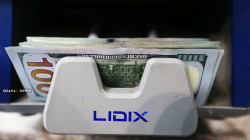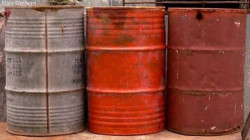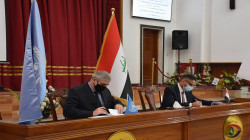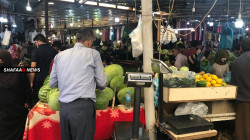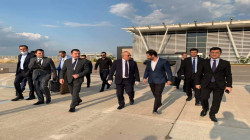Kurdistan Deputy PM attributes delay in salary disbursement to Baghdad
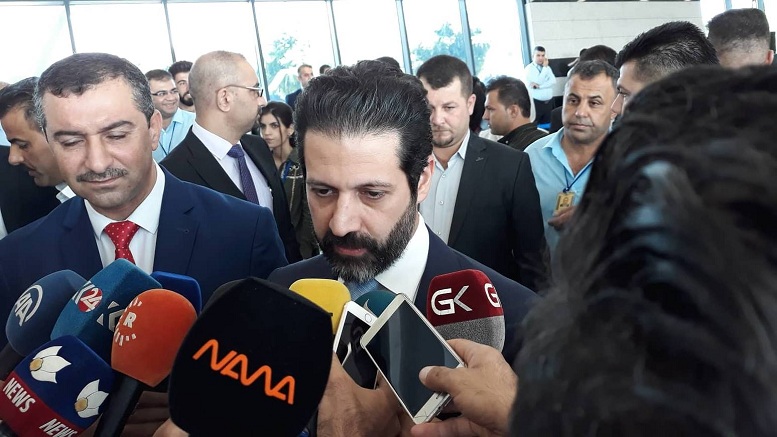
Shafaq News/ The Deputy Prime Minister of the Kurdistan Region, Qubad Talabani, acknowledged on Monday the delay in salary payments but assured that they will be sent soon.
"I don't know the reason for the salary delay, but according to the information I received, the salary issue has been resolved and approved, and they should be sent," Talabani told reporters, including a Shafaq News correspondent, during a gathering in Halabja.
He explained, "We sent what was requested from the Kurdistan Regional Government.. We sent the lists to Baghdad."
In February, Iraq's top court ordered the federal government to cover public sector salaries in the northern autonomous region, where some workers have gone without pay for months.
Civil servants have taken the regional and national authorities to court and demonstrated over unpaid salaries in Kurdistan, where officials have long accused Baghdad of not sending the necessary funds.
In a ruling aired on state television, the Supreme Court said the central administration would pay government workers, employees at public institutions, social benefit recipients and pensioners directly, instead of through the regional administration.
Court chief Jassem al-Omeiri said public entities "should coordinate directly with the federal government's finance ministry to implement" the change.
The case was brought by civil servants in Sulaimaniyah, the autonomous region's second city, where hundreds of teachers have also taken to the streets in recent weeks to demand compensation for unpaid salaries from last year.
In September Baghdad had agreed to increase funds allocated to Iraqi Kurdistan, saying it would provide the northern region with three annual payments of 700 billion dinars (about $535 million).
Thanks to oil exports, the region previously had independent funding that partly covered salaries.
But a dispute involving the federal government and Turkey, through which the oil had been exported, has blocked that source of income for the regional administration since late March.
Iraqi Kurdistan and Baghdad later agreed in principle that sales of Kurdish oil would pass through the federal government. In exchange, 12.6 percent of Iraq's public spending will go to the autonomous region.
The court in its ruling also ordered the Kurdish administration to hand over "all its oil and non-oil revenues" to the federal government, and an audit of relevant accounts.
With oil revenues gone, Kurdistan's current main source of revenue is tax collected at border crossings with neighboring countries including Iraq and Turkiye, two of Iraq's main regional trade partners.
